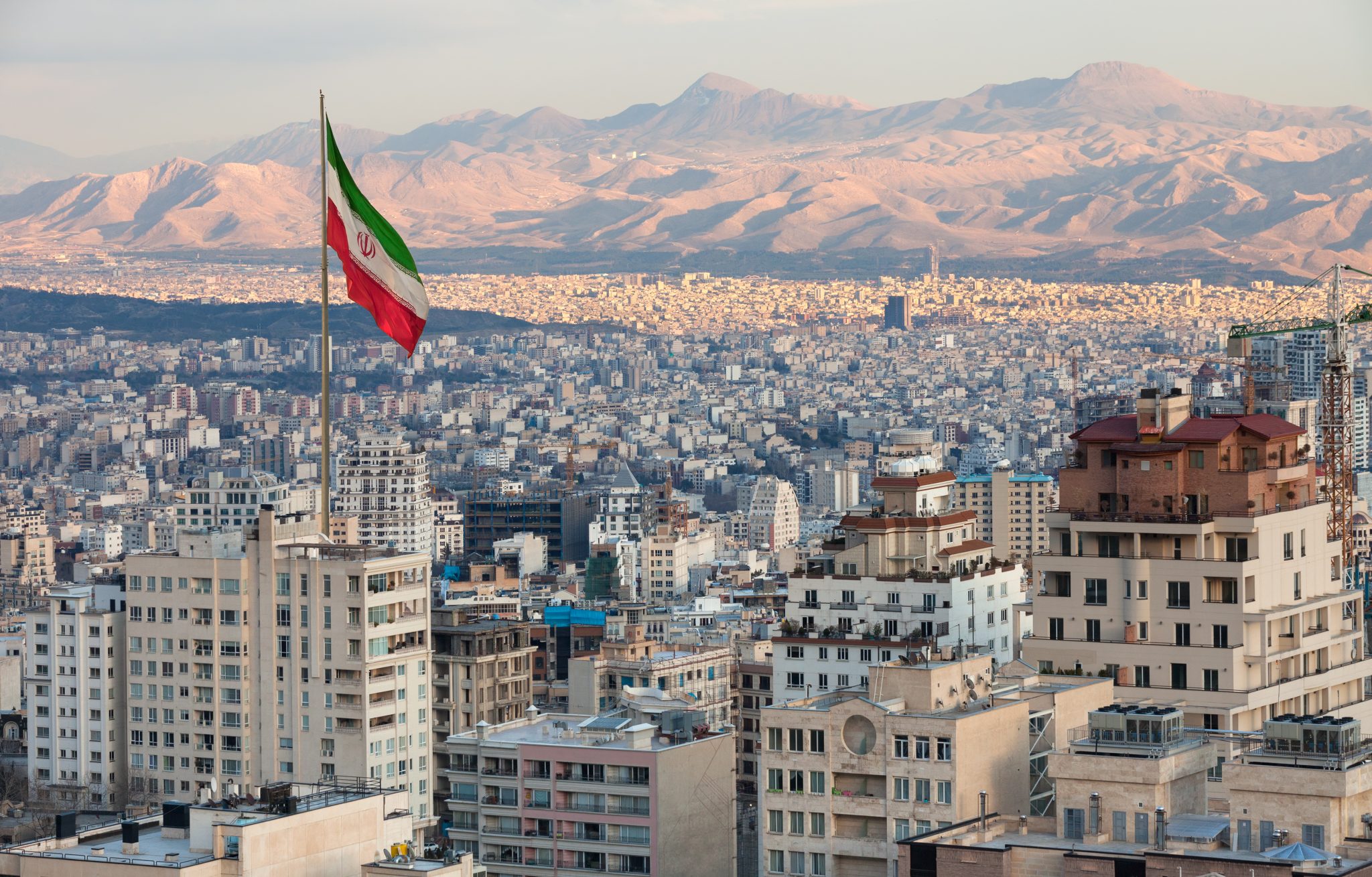Talks vs. Airstrikes: Who Controls Iran’s Fate?

Israel struck Iran’s Natanz nuclear facility with unprecedented precision, reportedly destroying multiple underground floors and killing key nuclear scientists, prompting threats of retaliation from Iran and raising global concerns about regional stability.
At a Glance
- Israel conducted massive airstrikes targeting over 100 sites across Iran, including the Natanz nuclear facility, in an operation dubbed “Rising Lion”
- Six Iranian nuclear scientists, including Mohammad Mehdi Tehranchi and Fereydoun Abbasi, were reportedly killed in the strikes
- The IDF claims to have destroyed multiple floors of Natanz’s underground facility, including the main hall housing uranium enrichment centrifuges
- Iran has vowed a “heavy price” for the attacks, which also reportedly killed three senior military figures
- The strikes occurred shortly after U.S. President Donald Trump mentioned being close to an agreement with Iran
Israel’s Massive Air Campaign Against Iranian Nuclear Facilities
Over 200 Israeli Air Force fighter jets conducted coordinated strikes on more than 100 nuclear, military, and infrastructure sites across Iran. The operation primarily targeted the Natanz facility, Iran’s largest uranium enrichment site capable of enriching uranium to weaponizable levels. The Israeli military claims to have inflicted significant damage to the underground structures at Natanz, including the destruction of multiple floors and the main centrifuge hall used for uranium enrichment.
According to Israeli statements, the airstrikes targeted not only the enrichment facilities but also vital supporting infrastructure necessary for the continuity of Iran’s nuclear program. A second round of airstrikes was reportedly conducted against the facility on the same day, suggesting a determined effort to ensure maximum damage to Iran’s nuclear capabilities. The International Atomic Energy Agency (IAEA) has reported no increase in radiation levels at Natanz following the strikes.
— Sentinel (@SentinelTeamHQ) June 13, 2025
Targeting of Key Nuclear Personnel and Military Leaders
The Israeli operation reportedly resulted in the deaths of six Iranian nuclear scientists, including Mohammad Mehdi Tehranchi and Fereydoun Abbasi. These targeted killings appear to be part of a broader strategy to eliminate Iran’s nuclear expertise. Three senior Iranian military figures were also reportedly killed in the attacks, dealing a significant blow to the country’s defense leadership structure. This is not the first time Israel has allegedly targeted Iranian nuclear scientists, following a pattern that includes the 2020 assassination of Mohsen Fakhrizadeh.
Israeli Prime Minister Benjamin Netanyahu named the operation “Rising Lion” and stated it was aimed at countering what Israel perceives as an Iranian threat. The scale of the attack was described as unprecedented since the Iran-Iraq war and reportedly caught Iran’s civilian population by surprise. The operation demonstrated Israel’s intelligence capabilities within Iran, as the coordinated strikes successfully penetrated Iranian defenses.
A battlespace where Iran’s coastal defenses, rapid-strike options, and proxy forces create a formidable challenge requires precise coordination between Israel and the U.S.
Iran’s retaliatory or second strike options boil down to two critical table columns: menu of options and… pic.twitter.com/CvUffJuFS9
— dan linnaeus (@DanLinnaeus) June 11, 2025
International Context and Potential for Escalation
The timing of the strikes has raised questions about international coordination, as they occurred shortly after U.S. President Donald Trump mentioned being close to an agreement with Iran while warning that military action could lead to broader conflict. The U.S. has partially evacuated its embassy in Iraq, suggesting concerns about potential regional escalation. The IAEA recently reported Iran’s non-compliance with nonproliferation obligations for the first time in nearly 20 years, providing international context for the Israeli action.
Iran’s armed forces have warned Israel of a “heavy price” for the attacks, raising concerns about potential retaliation and further regional destabilization. Questions remain about the extent of damage to Iran’s stockpile of 60% enriched uranium and advanced centrifuges, many of which are reportedly located at Fordow, another nuclear site. There have been reports of explosions at both Fordow and Isfahan, though these claims have not been officially confirmed by Israeli forces.
